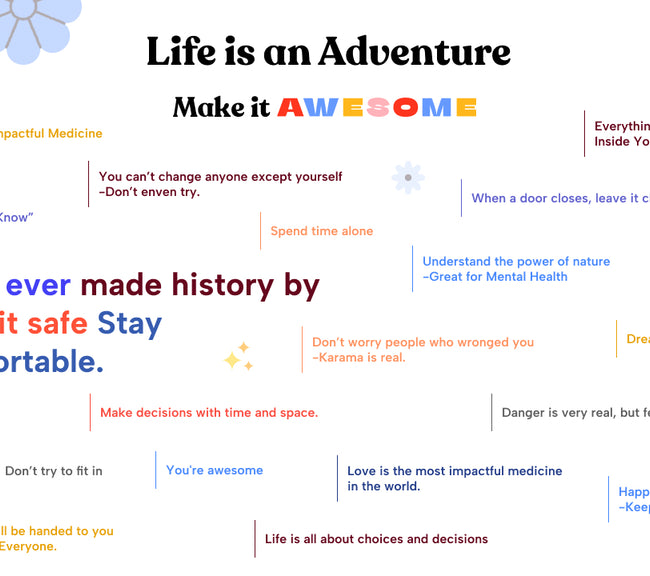What if we told you that delicious fatty foods like bacon, avocados, and butter could be the keys to weight loss and healthy living? We know it sounds too good to be true, but that’s the keto diet. By cutting out carbohydrates and consuming fat-rich food, keto has captured the hearts and diet plans of fitness enthusiasts worldwide. Ready to forget everything you think you know about nutrition?
If you’re wondering if you should take up the keto diet for weight loss, we have you covered. We’re breaking down everything about the keto diet from the science to the food and beyond!
What is the Keto Diet?
To put it simply, the keto diet is a low-carb, high-fat diet plan. However, there is more to it than that. It’s designed to put your body in a state called ketosis. Normally, your body relies on a sugar called glucose to create energy. This would ordinarily come from carbs, but when your body doesn’t have glucose to convert into energy, it begins to burn fat to create it. Fat is like an alternative fuel source for your body. That’s right, this state turns fat into energy!
Adopting the diet also means redefining how you plan your meals, especially since most people build their meals around carb-heavy foods like rice, pasta, and bread.
Looking to make your keto meal plan? Here are some keto-friendly foods:
- Foods you can eat on the keto diet are rich in healthy fats and low in carbohydrates such as olive oil, butter, and avocados.
- You can also eat protein-rich food like chicken, eggs, fish, and meat.
- Non-starchy vegetables like spinach and broccoli.
- Also nuts like almonds and walnuts.
While on the diet, you should avoid carb-heavy foods like pasta, potatoes, and bread. You should also cut out any sugary snacks and fruits high in sugar.
The Benefits
Why are people so excited about this diet? Besides the fact that it lets you eat delicious fat-rich foods, the keto diet offers some great benefits.
Weight Loss
If you're looking to lose weight, a significant benefit a ketogenic diet may offer is appetite suppression. Consumption of healthy fat keeps you fuller for longer periods, reducing cravings and unhealthy snacking.
A low-calorie keto diet may help overweight people lower their BMI, decrease the size of their waist, and reduce cholesterol, triglycerides, and blood pressure.
Energy Levels
Most people think that cutting out carbs means lower energy levels. We wouldn’t blame you for thinking this since glucose from carbs is converted into energy for your body. However, fats consumed in a keto diet do this as well. Since fat burns slower, you won’t be lacking energy on this diet.
Focus and Clarity
Some people refer to keto as the brain diet since the fats consumed are good for the brain and help with mental clarity and better focus. Many people on the keto diet report improved productivity.
Blood Sugar
Cutting out carbs can help regulate blood sugar levels, making the diet a popular choice among those suffering from and at risk of type 2 diabetes.
Reduced Inflammation
A diet rich in fat can help control inflammation in your body and help with conditions like arthritis.
With this range of benefits, it’s no wonder that people worldwide swear by it. It has been known to work wonders for some people, but it’s not a cure-all solution. As great as it might sound, it can also come with some downsides that we don’t want to sugarcoat.
The Risks
Keto Flu: During your first week on the diet, you might experience symptoms like nausea, headaches, and irritability. The reason behind this would be your body adjusting to burning fat for fuel instead of glucose from carbs. Staying hydrated can help you get through this period.
Meal Planning: Ensuring that you consume the right balance of fat and protein can make the keto meal plan a little bit challenging sometimes. Tracking your macros is very important.
Low Blood Sugar: If you suffer from diabetes, be sure to consult your doctor about the keto diet. Cutting out carbohydrates completely can cause a rapid crash in blood sugar, depending on the medications you might be taking.
Heart Risk: Consuming a diet that’s composed mostly of animal-based fats can pose a risk of heart problems. People at risk or suffering from cardiovascular disease should avoid this diet.
Social Difficulties: Carb-heavy foods are everywhere. Imagine going to a party at a friend’s house and they ordered pizza. Restrictions to your diet can make social situations challenging at times. But with some careful planning, you can avoid this issue.
Long-Term Sustainability: Some people might find a keto diet hard to maintain in the long term. This might be due to missing their favorite carb-based foods or difficulties with meal planning.
People with other pre-existing conditions like kidney disease or gallbladder problems should ask a doctor before going on a keto diet. Additionally, if you are pregnant or breastfeeding, you should use caution.
Tips for Keto Success
- Start slow: don’t cut out carbs completely all at once, but gradually reduce them over time.
- Careful planning: keep your kitchen stocked with keto-friendly foods and prepare meals in advance to help you sustain your diet.
- Stay hydrated: the keto diet can drain electrolytes so make sure you drink plenty of water and consider adding supplements to your daily routine.
- Patience: once you cut out carbs, it might be a week or two before you enter ketosis and your body starts to burn fat. Stay the course and the benefits will be yours!
Conclusion
If you are trying to lose weight, a keto diet might be the key to your success. It offers a unique approach to nutrition, backed by science that’s given many people worldwide great results. If you think ditching the carbs is right for you, consult your healthcare provider and you might be on your way to weight loss and better health overall.

































